Trump’s Iran sanctions hit India
India may end up being the unintended victim of renewed U.S. sanctions on Iran. It will push up the price of oil and cost India billions of dollars annually
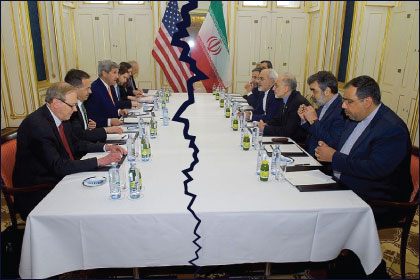 Courtesy: Gateway House
Courtesy: Gateway House
India may end up being the unintended victim of renewed U.S. sanctions on Iran. It will push up the price of oil and cost India billions of dollars annually
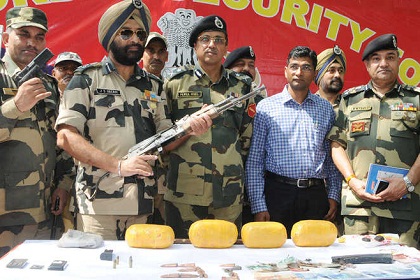 Courtesy: The Tribune
Courtesy: The Tribune
Since 2017, the Punjab government has been cracking down on drug networks. The campaign has so far targeted small-time drug peddlers, but deep smuggling networks that cross international as well as state borders remain intact, posing a major national security threat
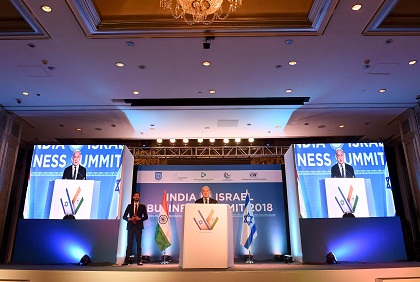 Courtesy: Israel Prime Minister/ Flickr
Courtesy: Israel Prime Minister/ Flickr
Israel’s Prime Minister Benjamin Netanyahu’s recent visit to India, which came as a fitting finale to the silver jubilee celebrations marking diplomatic relations between the two countries, showed a purposeful shift in focus from defence to business. The large Israeli trade delegation, accompanying the prime minister, was there to further robust business ties going back to 1972
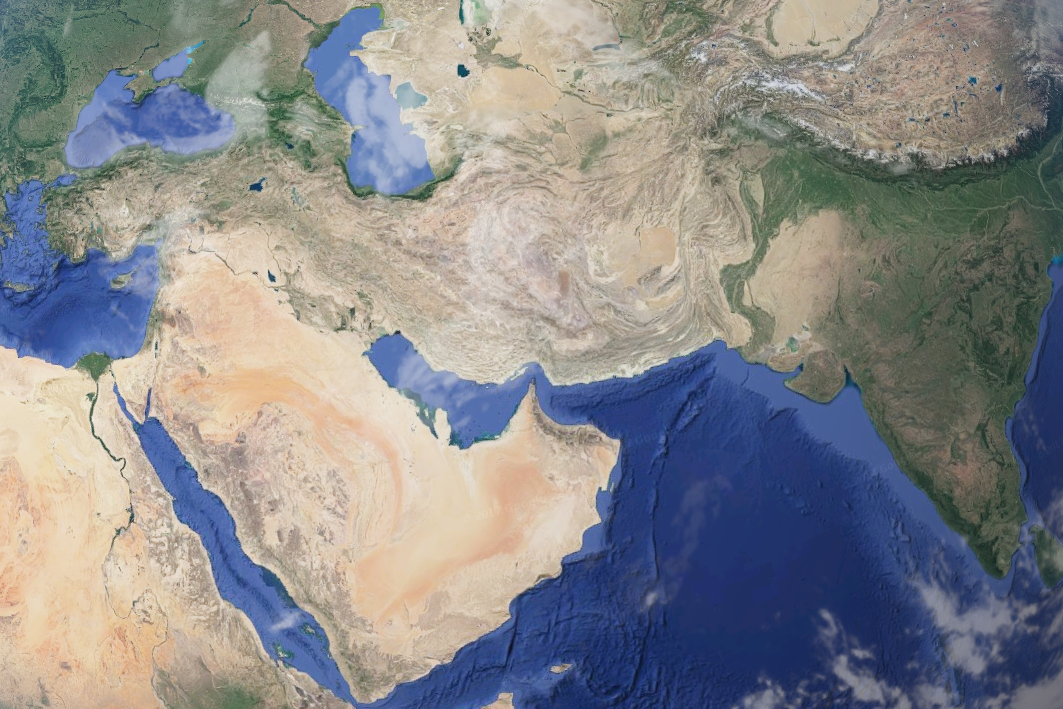 Courtesy: to put
Courtesy: to put
A conference in Doha on ‘Enriching the Middle East’s Economic Future’ offered many insights into the nature of geopolitical relations in the region and India’s significant role in it
 Courtesy:
Courtesy:
The removal of 11 top ministers in the Riyadh government last week by the young crown prince Mohammad bin Salman, is a geopolitical upheaval, the implications are serious. Domestically, the kingdom is seeking to liberalise its conservative society and move away from oil-dependency – evident from the expected listing of its crown jewel Aramco. For India, which imports oil largely from West Asia, instability could cause a spike in prices, leaving less for its ambitious reforms. Globally, there is now space for new alignments – in the Great Power plays, in the Shia-Sunni rivalry, and in the war on terrorism.
 Courtesy: Western Naval Command
Courtesy: Western Naval Command
China has expanded its presence in the Indian Ocean Region. President Xi Jinping has abandoned Deng Xiaoping’s conciliatory posture for an aggressive, money-fuelled search for super power status
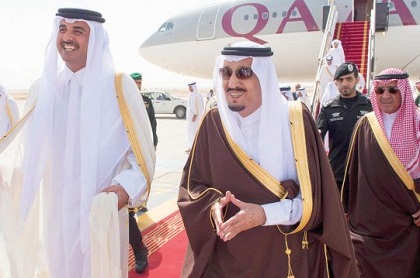 Courtesy: Asharq Al-Awsat
Courtesy: Asharq Al-Awsat
Saudi Arabia and its allies have broken off diplomatic ties with Qatar, but Iran may be their real target, a possibility reinforced by some recently leaked emails from a UAE diplomat
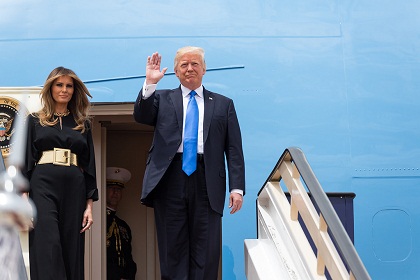 Courtesy: The White House/Flickr
Courtesy: The White House/Flickr
Trump’s first foreign visit to West Asia and Europe brought home what the president means by “America First” even as he stands accused of committing two major foreign policy transgressions
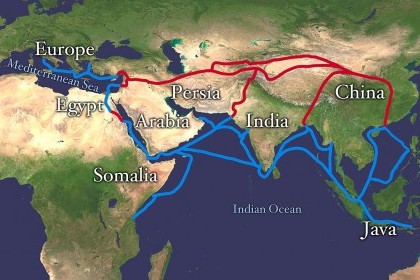 Courtesy: Wikipedia
Courtesy: Wikipedia
Experts at a recent conference on China’s Belt and Road Initiative, hosted in Istanbul, spoke of its many advantages to the region, but also on the challenges involved in attracting financing
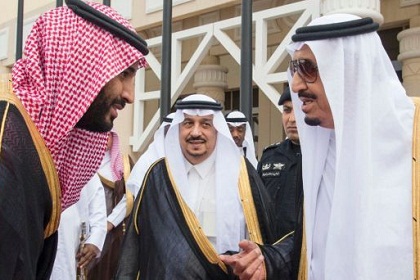 Courtesy: Haaretz
Courtesy: Haaretz
Dynasty has its own reasons and the 40 decrees that King Salman issued last month were designed to hand more power to the Salman branch of the House of Saud. Is a promotion in the offing for his son, the deputy crown prince, Mohammed bin Salman? What does this bode for the country’s foreign policy? President Trump’s first foreign visit will be to Saudi Arabia later this month